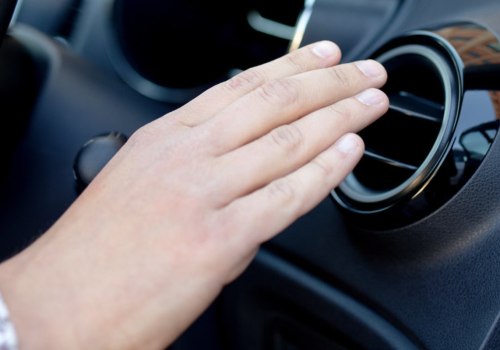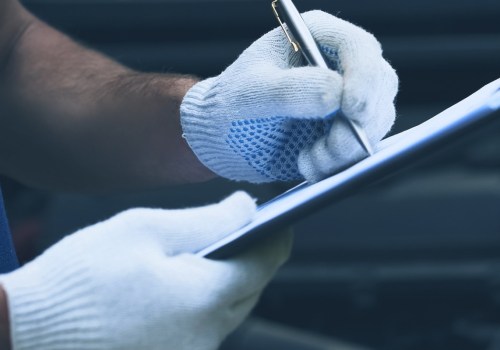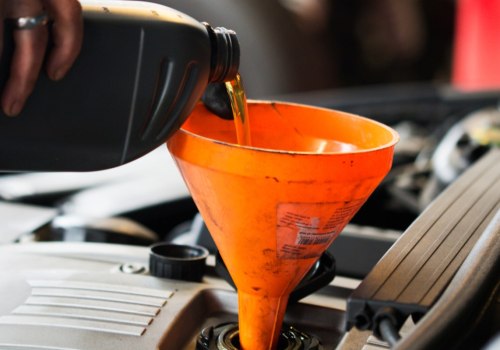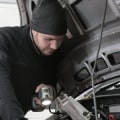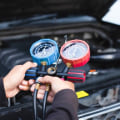Taking care of your car is essential for ensuring safe and reliable transportation. Regular maintenance can help extend the life of your vehicle and protect it from breakdowns, costly repairs, and other unwanted surprises. To keep your car in good working order, it's important to follow your car manufacturer's recommendations for scheduled vehicle service and use qualified mechanics to perform work on your car. Experts recommend checking the car's brake fluid, transmission fluids, coolant, and windshield washer fluid.
Like engine oil, it will control the transmission fluid with a dipstick. Determine brake fluid, coolant, and windshield washer fluid levels by removing related covers and visually inspecting each one. Every month, or every few refuels of gas and especially before any long road trip, it's a good idea to get under the hood of your car and inspect the oil and coolant levels while the engine is cold. Low levels of either can cause engine problems if left unchecked.
Consult the owner's manual to find both in your specific vehicle. The engine air filter is what regulates the air that flows into the engine and helps keep debris and particles out. By ensuring that the air filter flows properly, you can improve fuel efficiency, reduce emissions, and help ensure engine life. This can be easily done at home, so refer to your owner's manual for instructions and how often you should change it. Nobody likes to reach into their pocket to pay the mechanic. That's why it's important to take preventive measures with regular DIY car maintenance, especially if you're driving a vehicle that's considered “old” by current standards.
If you want to save money while taking special care of your daily driver, our car maintenance checklist will help ensure that all your bases are covered when it comes time to open the hood and kick your tires. Taking care of your car by performing preventive maintenance helps ensure you have safe and reliable transportation. Sticking to a car maintenance program and keeping a good record of what you've done can help extend the life of your vehicle and protect it from breakdowns, costly repairs, and other unwanted surprises. Between work, family events, and dozens of other obligations people have, basic car maintenance can get in the way. When you perform car maintenance at regular intervals, you keep your trip in good working order and help avoid costly mechanical repairs in the future. Carefully follow your car manufacturer's recommendations for scheduled vehicle service and use qualified mechanics to perform work on your car.
Consult your vehicle's owner's manual and find out when recommended car maintenance services should be scheduled. Remember that basic car maintenance can save you a lot of money and maintain the value of your car in the long term. Basic car maintenance typically involves overhauling or replacing parts such as spark plugs, cables, fluids, and serpentine belts. And of course, it's important to remember that car maintenance costs, while not always cheap, can help you avoid costly repairs in the future. Changing oil at home may seem intimidating at first, but once you've mastered it, it's just basic car maintenance that saves you a lot of money. Proper car maintenance has many rewarding advantages that don't have to do with getting from point A to point B.
Taking preventive measures with regular DIY maintenance is essential for ensuring safe and reliable transportation.
